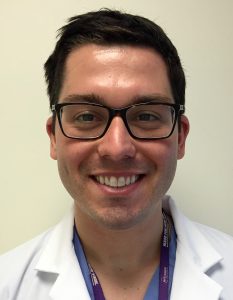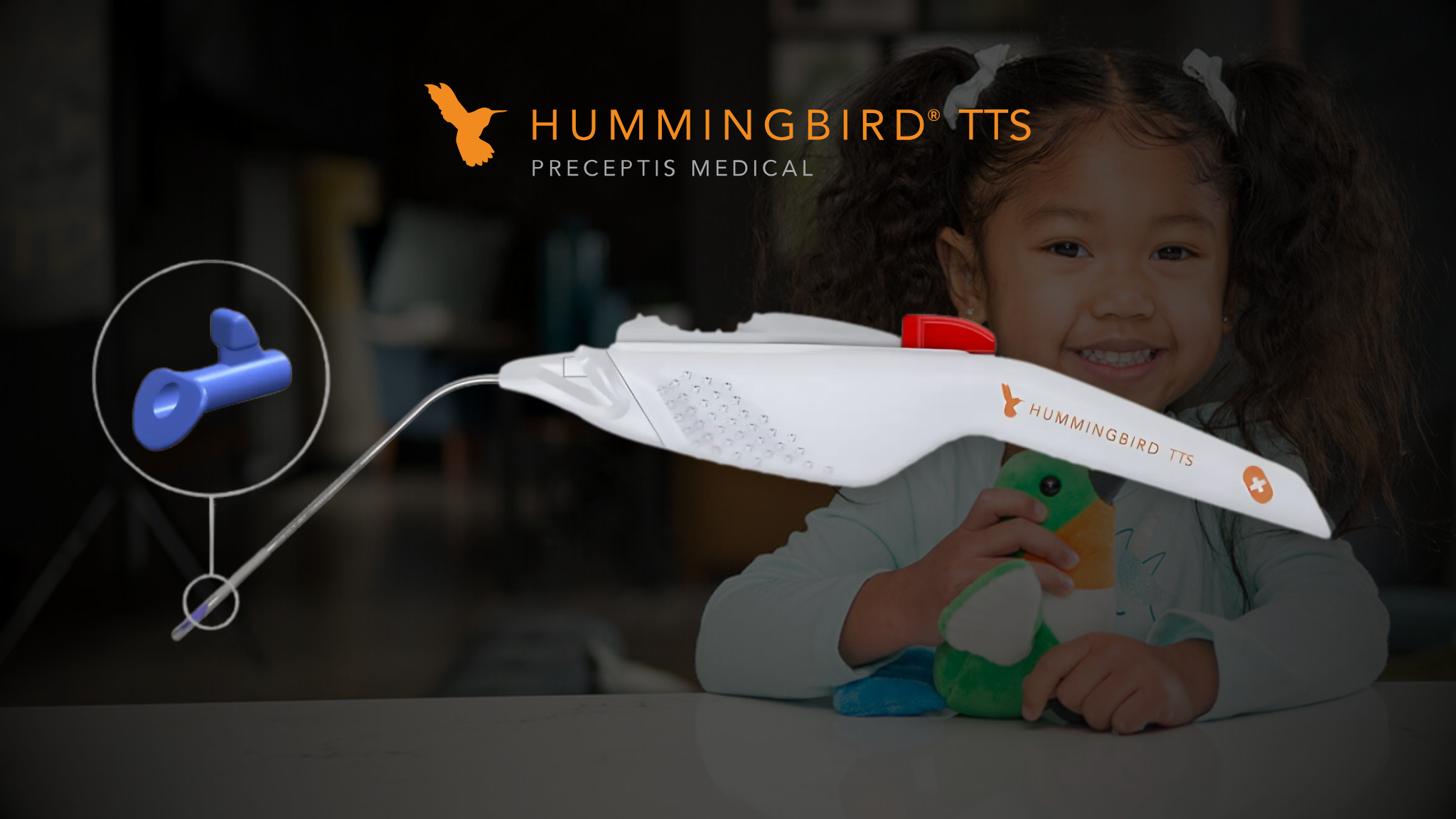
Q: Tell me a little bit about yourself
A: I am an Academic Chief Resident at NYU Langone Medical Center in the in Department of Surgery. I plan on doing a colorectal surgery fellowship and a colorectal oncology fellowship after I graduate. I am from New York, and my wife and I have two children and a dog. I have written book chapters, journal articles, and peer-reviewed articles. I’m involved in numerous performance improvement projects and more recently have been editing videos.
Q: What you LOVE about being a surgeon?
A: We get to operate which is probably the greatest joy in the world for us! In doing so, we get to practice our craft, improve upon it, while at the same time helping people. There aren’t too many professions in the world where your profession is also your hobby, that is also your passion, and is also lifesaving. Especially in early stage cancers, surgical treatment remains the treatment of choice the majority of the time and we have an opportunity to cure people at the time of operation.
Q: How has CSurgeries contributed to your education and learning?
A: There is a video that is currently published that I did with Garett Nash, MD at Sloan Kettering, entitled, “Robotic Inferior Mesenteric Artery, Common Iliac Artery, and Retroperitoneal Lymph Node” about two and a half to three years ago. It was my first experience video editing operative footage and spending dozens of hours of unedited video forced me to think about and identify the essential steps of an operation, be able to identify the anatomy throughout the operation, and to be mindful of pitfalls and vital structures that can be commonly injured during key steps in an operation. Once you can do that, the rest is just cutting and pasting- spending some time in front of the computer to make sure the video looks nice.
Soon after, I heard about CSurgeries and I thought it was a wonderful avenue to publish! Not only is it a peer-reviewed publication (which is wonderful) but I get to continue to edit videos, which further re-enforces my understanding of an operation and my ability to breakdown an operation into its key steps and maneuvers.
Hopefully other surgeons are watching the videos before going into their operation (just as I do before I do an operation that I’m not familiar with).
Actually, there was a study published last year that looked at residents’ competency during a laparoscopic right hemi-colectomy. The study had one group of residents do the procedure essentially themselves. They then compared them to a different group of residents, same program, who watched a video of a laparoscopic right hemi-colectomy narrated with the key essential steps prior to doing the right hemi-colectomy. They found the residents who watched a video just prior to doing the operation were more efficient and needed less assistance from the attending. There were no adverse effects.
Certainly it’s been proven that videos help you become familiar with an operation more than just words in a book could. This was never possible in the past because we never had educational access online. Video libraries are very recent, so it’s certainly an advantage that surgical residents have now that’s never been available before. To watch the operation prior to either doing it or assisting in is crucial- now that our work hours are so restricted and we can’t be in the operating room as much as our predecessors have be in the past. That is HUGE.
Q: That leads me into my next question. How do you think residency training resources are changing?
A: Certainly, the more time you’re in a hospital, the more time you’re with patients, the more operations you see, the more experienced you therefore become. However, if you talked to the surgeons who trained 30-40 years ago, they learned things by making small errors with absolute autonomy, and that’s why they became such advanced surgeons.
However, in this day and age there is absolutely no room for error. There’s no room for any compromise of patient safety. So, residents today are at least theoretically more relaxed, less stressed out, and less sleep deprived and that’s fine. But what is does mean is we are in the operating room less compared to the people who are teaching us were when they were residents. Remember, medicine/healthcare in general has changed, so one of things that we need to do is make up for that operative experience.
What if you can place yourself in the operation by watching it? Watching the operation and then the next day you perform the case… You may come out with the same knowledge, understanding, and ability to complete that case by yourself compared to previous generations who had more operative experience. We need to find ways for residents to become much more efficient as we have our hours restricted and many more academic responsibilities.
CSurgeries peer-reviewed videos may be the only way that residents and education can compete with the past.
Q: Is that what made you choose the video format of publishing? Was it easy? Was it difficult?
A: Yes, because it’s fun! It’s easy if you know what the essential steps of an operation are and if you have great footage by some great surgeons (which we have here at NYU). We are fortunate to be able to work with these surgeons, and especially when it comes to laparoscopy, or the robot, is very easy to record. That video can then be edited and we can break down an operation into the essential steps. That’s really what an operation is.
Q: What would you be doing, career-wise, if you weren’t a surgeon?
A: Maybe I’d be a musician, but I couldn’t really think of doing anything else other than surgery.
Q: What advice would you give medical students who are thinking about surgical residency?
A: They need to be ready for residency. It’s certainly not as tough as it used to be, but surgical residency is still much more difficult than some other specialties. It requires the same amount of knowledge, but there’s an entire other component of operative ability, that’s extremely important.
Q: What’s the best way for students to get into residency and be really successful?
A: This may seem unrelated, but it’s based off of the teachings of William Hallstead, who is the founder of residency in America. While at John’s Hopkins, he believed that research is an absolutely mandatory part of your development as a surgeon. Of course, students need to be aware of operating and the tough life that surgeons have, but they need to perform research. They need to get things published because advancing, whether in basic sciences research or outcomes research…it’s all part of becoming a surgeon.
Surgeons work with their hands and the good ones have greater ability, but part of that is research. And if students want to go into surgery, or surgery residents want to go into fellowship, they have to publish. You can do that with CSurgeries. CSurgeries is producing these videos that are peer-edited publications. Students can use it as a research vehicle since it counts as a peer-reviewed publication. It’s a BIG deal. We surgeons know… To be a surgeon is to be an academic as well.
Q: What three adjective (s) best describe “A Day in the Life of a 4th Year Surgery Resident”
A: They aren’t really adjectives but, Honor, Responsibility and Passion.
Other videos by David Schwartzberg:
Laparoscopic Adrenalectomy
Gastric Sleeve Obstruction From Adjustable Gastric Band Capsule
Per Oral Endoscopic Myotomy (POEM) for Zenker’s Diverticulum
Have a question you would like to ask Dr. Schwartzberg? Feel free to post a comment or send him an email at David.Schwartzberg@nyumc.org



